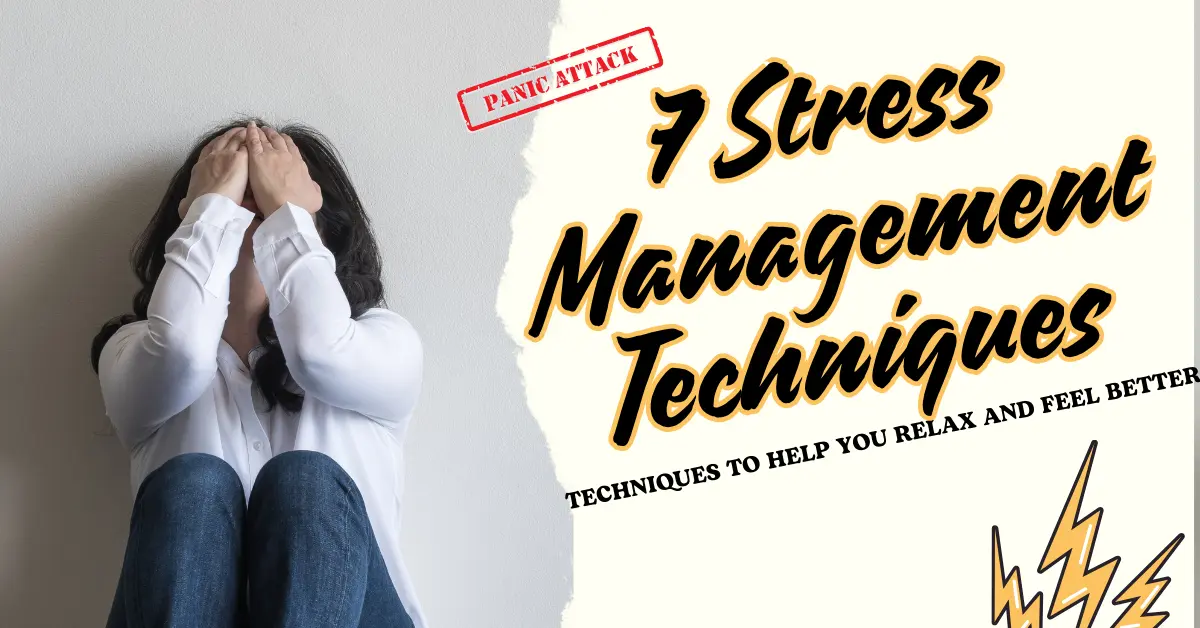
7 Stress Management Techniques to Help You Relax and Feel Better
- 177
- 0
- 0
Stress management techniques are important because they help you handle life’s challenges more effectively. Without managing stress, it can build up and affect your physical and mental health, leading to problems like anxiety, high blood pressure, and poor sleep. By using techniques like deep breathing, exercise, and time management, you can reduce stress, stay calm, and improve your overall well-being. Managing stress also helps you think more clearly and make better decisions, allowing you to enjoy life and maintain better relationships.
7 Stress Management Techniques
Life can be tough sometimes. We all face challenges that make us feel worried, anxious, or overwhelmed. But don’t worry – there are ways to handle stress and feel more calm. In this blog post, we’ll share 7 stress management techniques that can help you relax and feel better.
Deep Breathing
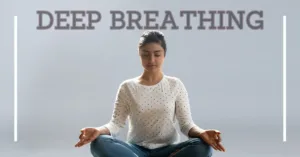
One of the easiest ways to calm down when you’re feeling stressed is to take some deep breaths. This is an excellent stress management technique. Here’s how you can practice it:
- Find a quiet spot where you can sit or lie down
- Close your eyes if it allows you to relax.
- Inhale slowly via your nose for about 4 seconds.
- Keep your breath for 2 seconds.
- Exhale gently via your mouth for around 6 seconds.
- Repeat this process for 5-10 minutes.
Deep breathing helps slow down your heart rate and makes your body feel more relaxed. It’s a quick and easy technique you can use anywhere, anytime you feel stressed.
Progressive Muscle Relaxation
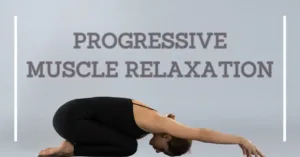
This method involves tightening and then releasing various muscle groups in your body. It helps you recognize the contrast between muscle tension and relaxation, making it simpler to relieve stress. It’s an excellent technique for managing stress. Here’s how to practice it:
- Lie down or sit in a relaxed position.
- Start with your feet. Tighten the muscles in your feet for 5 seconds, then relax them completely.
- Move up to your calves. Tighten those muscles for 5 seconds, then relax.
- Continue this process, moving up through your thighs, buttocks, stomach, chest, arms, hands, neck, and face.
- Pay attention to how your muscles feel when they’re tight and when they’re relaxed.
This exercise can help you release the physical tension that often comes with stress. You might be surprised at how much better you feel after doing this for just 10-15 minutes.
Mindfulness Meditation
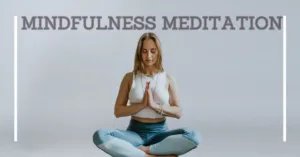
Mindfulness involves focusing on the present moment without any judgment. It allows you to distance yourself from stressful thoughts and promotes a sense of calm. Here’s an easy mindfulness meditation you can practice:
- Choose a quiet spot where you can sit
- Set a timer for 5-10 minutes.
- Close your eyes and concentrate on your breathing.
- Pay attention to the sensation of your breath as it flows in and out.
- If your mind drifts (which it will), gently redirect your focus back to your breath.
- It’s normal for your mind to wander, so don’t be frustrated—just keep returning your attention to your breath.
Practicing mindfulness regularly can increase your awareness of your thoughts and emotions, helping you better handle stress in everyday situations.
Physical Exercise
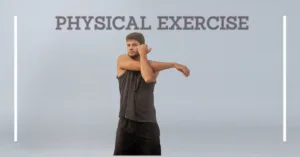
Physical activity is an excellent method to relieve stress. Exercise triggers the release of chemicals in the brain that boost your mood and help ease muscle tension. Here are some ideas to incorporate more exercise into your daily routine:
- Go for a walk or jog
- Ride a bike
- Do some yoga
- Dance to your favorite music
- Join a sports team or fitness class
You don’t need to do intense workouts to get the stress-busting benefits of exercise. Even a 10-minute stroll can make you feel more pleased. The key is to find activities you enjoy and do them regularly.
Journaling

Jotting down your thoughts and emotions can be an effective tool for managing stress. It allows you to gain a clearer understanding of your feelings and can offer fresh perspectives on the sources of your stress. It’s one of the top stress relief methods. Here’s how to begin journaling:
- Get a notebook or open a new document on your computer.
- Set aside 10-15 minutes per day to note.
- Write about whatever is on your mind. You could:
- Describe your day
- List things you’re grateful for
- Write about your worries or problems
- Brainstorm solutions to challenges you’re facing
- Don’t worry about spelling, grammar, or writing perfectly. Just let your thoughts flow.
Journaling can help you process your emotions and see your problems in a new light. Over time, it can help you identify patterns in your thoughts and behaviors, making it easier to manage stress.
Time Management
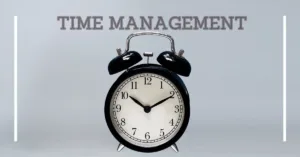
Sometimes, stress comes from feeling like we have too much to do and not enough time to do it. Better time management can help reduce this kind of stress. Here are some tips:
- Make a to-do list: Write down everything you require to do.
- Prioritize: Decide which tasks are most important and do those first.
- Divide large tasks into smaller, manageable steps: This helps make them seem less daunting.
- Use a calendar: Schedule your tasks and appointments so you can see what your day looks like.
- Learn to say no: It’s okay to turn down requests if you’re already too busy.
- Take breaks: Working non-stop can increase stress. Regular short breaks can help you stay focused and feel less stressed.
Good time management can help you feel more in control of your day, which can greatly reduce stress.
Connect with Others

Talking with friends, family, or a therapist can be a great way to manage stress. Sharing your feelings with others can help you feel supported and understood. It is one of the most useful stress management techniques. Here are some ways to connect:
- Call a friend or family member for a chat
- Join a backing group for people dealing with comparable challenges
- Spend time with loved ones doing activities you enjoy
- Consider talking to a therapist or counselor if you’re dealing with a lot of stress
Remember, asking for support is a sign of strength, not imperfection. We all need support sometimes, and talking to others can give you new ways to look at and handle your stress.
Conclusion
Stress is a normal part of life, but it doesn’t have to control you. These seven techniques – deep breathing, progressive muscle relaxation, mindfulness meditation, physical exercise, journaling, time management, and connecting with others – can help you manage stress and feel more relaxed.
Remember, different techniques work for different people. Try out these methods and see which ones help you the most. It might take some time to find what works best for you, and that’s okay. The important thing is to keep trying.
Also, if you’re dealing with a lot of stress and these techniques aren’t helping enough, don’t hesitate to talk to a doctor or mental health professional. They can give you more personalized help and support.
Take care of yourself, and remember that you have the power to manage your stress and improve your well-being. With practice and patience, you can learn to handle stress better and enjoy a more relaxed, balanced life.
FAQs
1. What is stress management?
Stress management involves using techniques to control your stress levels. These can include relaxation exercises, time management, and positive thinking to help you handle stress better and feel calmer.
2. How does deep breathing help with stress?
Deep breathing helps reduce stress by calming your mind and body. It slows your heart rate, lowers blood pressure, and brings more oxygen to your brain, helping you feel more relaxed.
3. Can exercise help manage stress?
Yes, exercise is a great stress reliever. Engaging in physical activity triggers the release of endorphins, which are natural substances that enhance your mood. Even a short walk or stretch can reduce stress and improve your mood.
4. What role does sleep play in stress management?
Good sleep is crucial for managing stress. Lack of sleep can increase stress levels, while adequate rest helps your body recover, keeps your mind sharp, and improves your ability to handle challenges.
5. How can I use mindfulness to manage stress?
Mindfulness is about concentrating on the present moment and embracing it without making judgments. Practicing mindfulness through meditation or simply paying attention to your breathing can reduce stress and increase your sense of calm.
Also Read:
7 Self-Care and Stress Management Techniques
7 Healthy Morning Routines for a Great Start to Your Day
References:
https://www.ncbi.nlm.nih.gov/pmc/articles/PMC7349817/
https://pubmed.ncbi.nlm.nih.gov/30020672/
https://www.ncbi.nlm.nih.gov/pmc/articles/PMC5319270/
Disclaimer: The stress management techniques provided in this blog are for informational purposes only and should not replace professional mental health advice. Consult a qualified therapist or healthcare provider for personalized strategies and support in managing stress.
Related post

7 Health Benefits of Assam Tea


